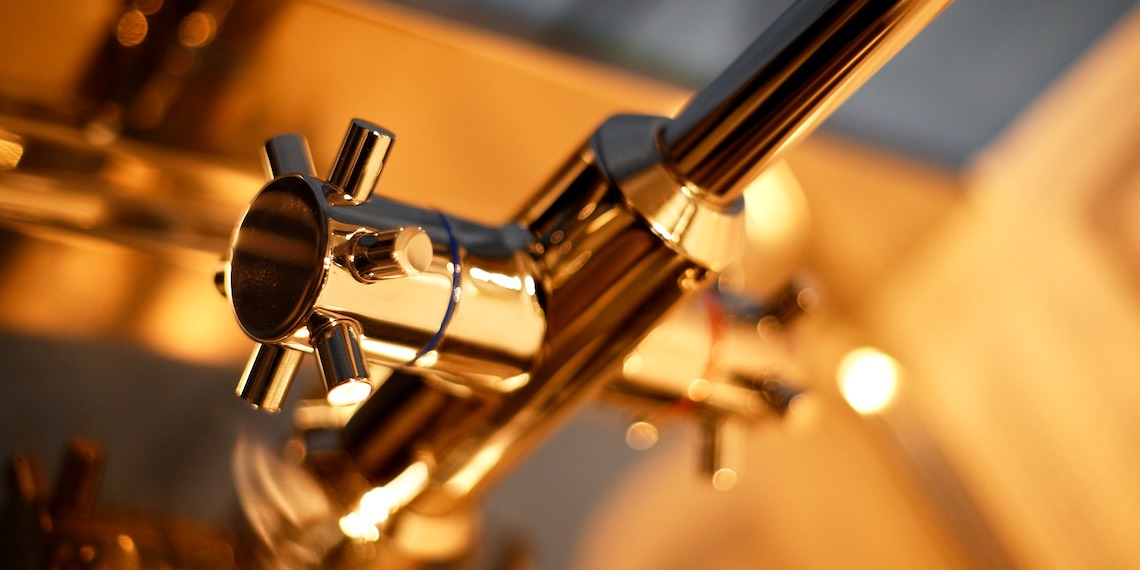Lead-free brass alloy makes for safer plumbing fixtures

Researchers from the University of New South Wales (UNSW) School of Materials Science and Engineering will receive $444,000 from the Australian Research Council’s Linkage Infrastructure, Equipment and Facilities (LIEF) grants scheme for a project creating lead-free brass solutions for drinking water applications.
Project lead Dr Kevin James Laws said the project aims to provide viable material solutions to help address lead contamination in drinking water, a public health concern that arises from leaded-brass plumbing products.
Researchers have already been developing solutions, including the creation of a lead-free brass alloy to replace traditional plumbing brass materials, which have been proven to leach lead into drinking water.
The new alloy has been named "bright brass" and is designed to retain all the advantages of leaded brass for its manufacturing, but without the toxicity.
Studies show high lead levels
Laws said a 2016 Macquarie University study found a significant rate of lead contamination present in NSW households, with 8% of lead recordings higher than the limit outlined in the Australian Drinking Water Guidelines, and that lead poisoning can result in lowered IQ.
“Developing a viable alternative to standard plumbing fixtures and hardware became a high priority, particularly when it became known how widespread lead contamination in New South Wales drinking water is — with reports that 56 per cent of households in NSW are contaminated,” Laws said.
“Not only is this an issue for Australian health but also the nation’s IQ, as lead has an impact on intelligence.”
Finding a viable alternative
Part of the challenge of developing a new alloy was to ensure the lead-free replacement was viable from a manufacturing perspective.
“The lead forms tiny globules, like oil in water, which can be seen under the microscope,” Laws said.
“These globules provide lubrication, just like lead in leaded petrol, which helps with ‘free machining’ and associated manufacturing processes, as well as helping the brass to seal once in service.”
One of six UNSW projects awarded a LIEF Linkage Project grant, Laws's team will use the funding to participate in cooperative initiatives that share the expense of research infrastructure, equipment and facilities between higher education organisations and industry.
UNSW Pro Vice-Chancellor Research Infrastructure Professor Grainne Moran said UNSW’s LIEF recipients are set to take each of their projects further thanks to the scheme’s support.
“Our researchers’ strong result and our 35% success rate in this strategically important scheme are to be commended,” Moran said.
“This funding helps support the substantial costs associated with research infrastructure as well as fostering collaboration through cooperative use of national and international facilities.”
Learn more about the disinfection by-product risks with UV treatment of drinking water. Atkins's Tristan Bec will conduct a session on 12 May 2022 at Ozwater'22. Register today.
